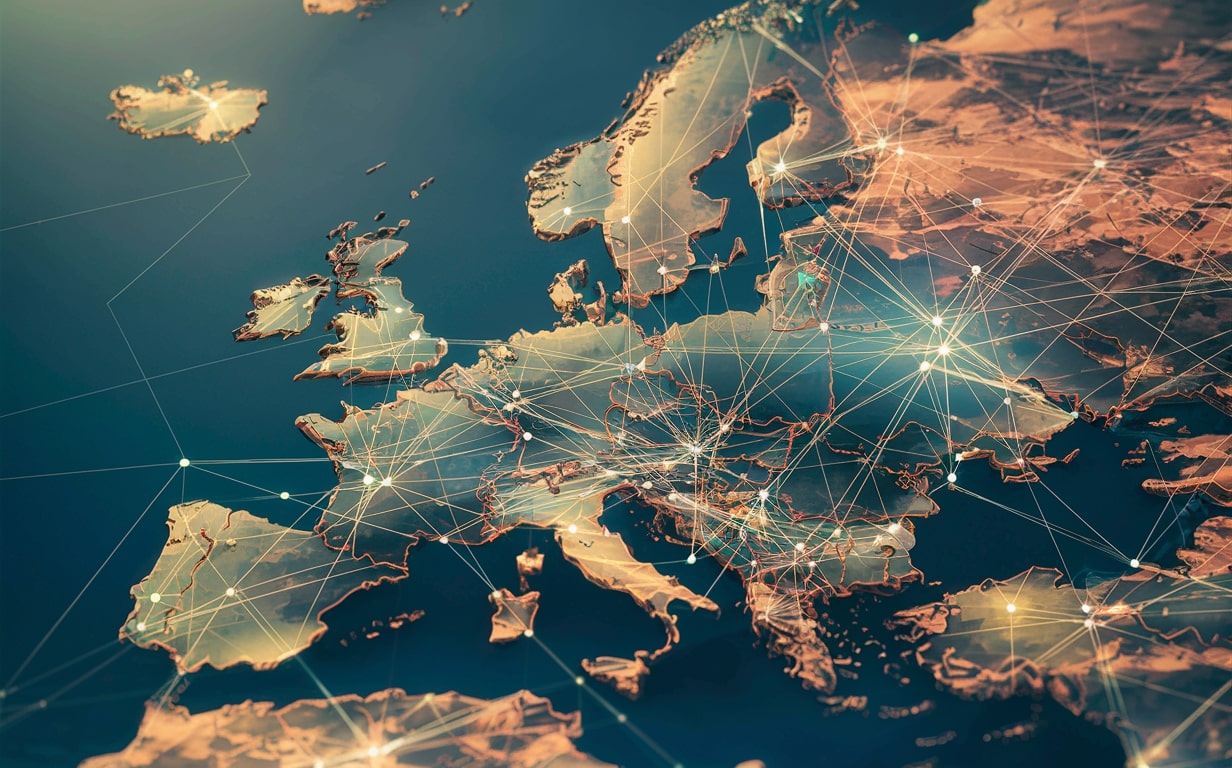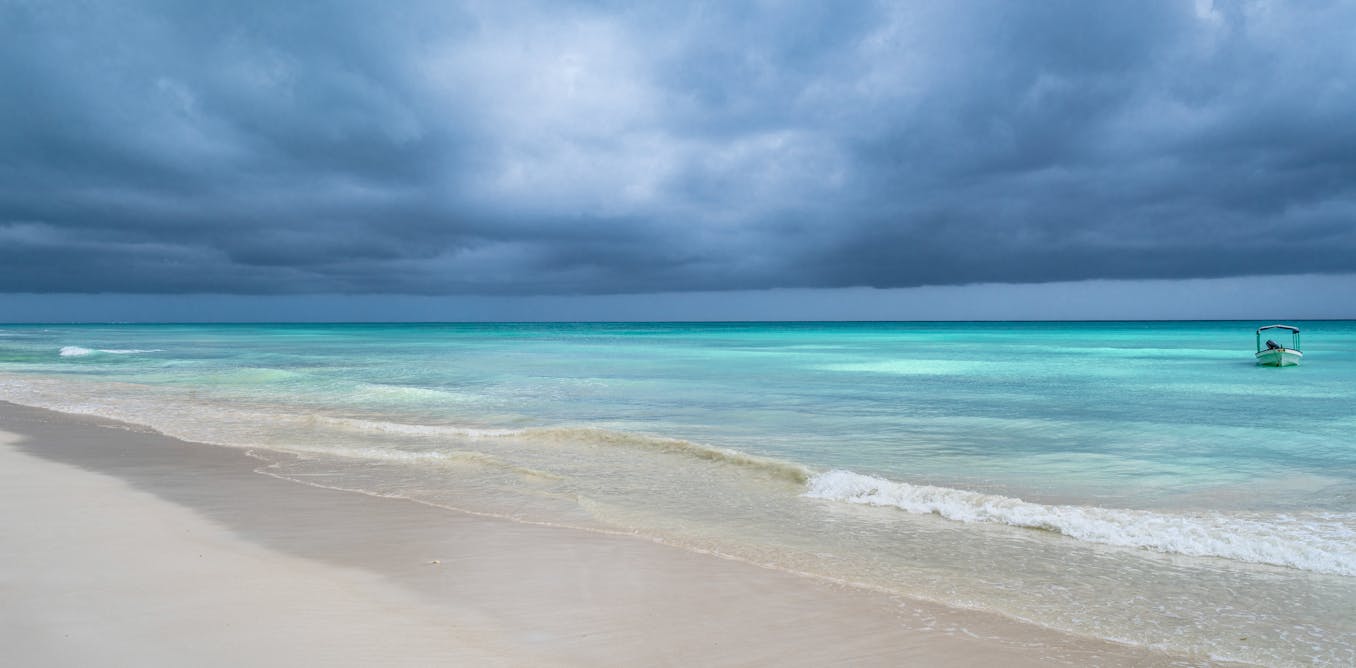Smaller browser companies are starting to grab market share in Europe following the EU legislation that forced Google, Microsoft, and Apple to make it easier for people to switch to rivals.
The new EU Digital Markets Act suggests services should not be designated as gatekeepers, with the giants in the industry now required to allow third-party apps or app store providers to access their platforms. Users should also be able to easily change between them.
As mobile devices that run Android come with Chrome browser as a default and iPhones with Safari, these browsers are two that have long dominated.
According to Reuters, other companies are starting to reap the benefits of the legislation. Aloha Browser has said users in the EU jumped 250% in March.
Aloha markets itself as a privacy-focused alternative to the browsers owned by big tech. Instead of earning its money through selling ads by tracking users, it works on a subscription basis and has amassed 10 million monthly average users.
The CEO of the Cyprus-based company, Andrew Frost Moroz, said: “Before, EU was our number four market, right now it’s number two…”
Norway’s Vivaldi, Germany’s Ecosia, and the U.S. based Brave have seen an increase in numbers since the legislation was formally passed too.
Others like DuckDuckGo and Opera are seeing growth, but say the choice screen rollout hasn’t yet been fully completed.
“We are experiencing record user numbers in the EU right now,” said the vice president at Opera Jan Standal.
What is the EU Digital Markets Act?
The regulations under this legislation came into force at the beginning of March. The aim is to promote competition in the technology sector and attempt to weaken the market dominance of companies such as Apple and Google.
The EU Commission was reported to have made a “thorough assessment of all arguments, taking into account input by relevant stakeholders,” without disclosing details of the cases presented by the companies involved.
Any failure to comply with the rules could result in fines of up to 10% of a company’s worldwide annual turnover or up to 20% for repeated breaches, as well as periodic penalty fines of up to 5% in average daily turnover.
Featured Image: Photo by Denny Müller on Unsplash

The post “Small browser companies like DuckDuckGo and Ecosia see user surge in Europe” by Sophie Atkinson was published on 04/10/2024 by readwrite.com

































